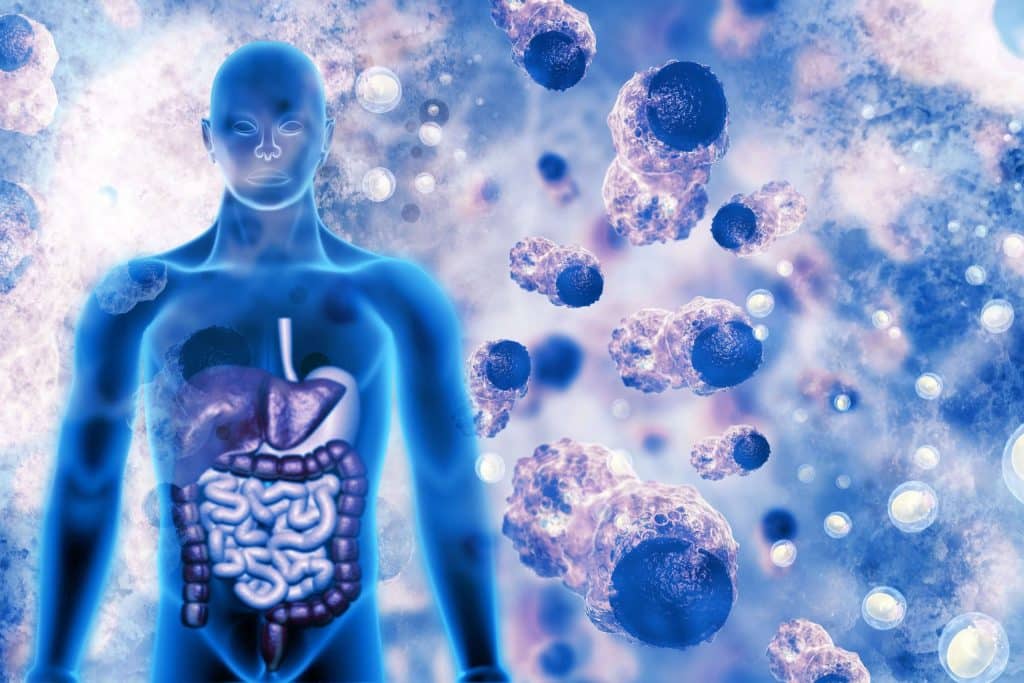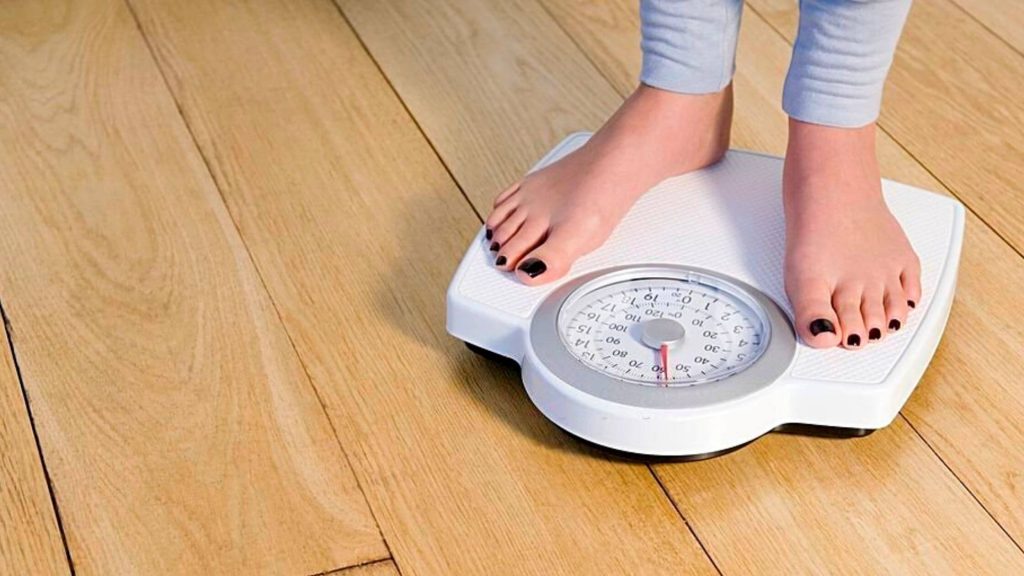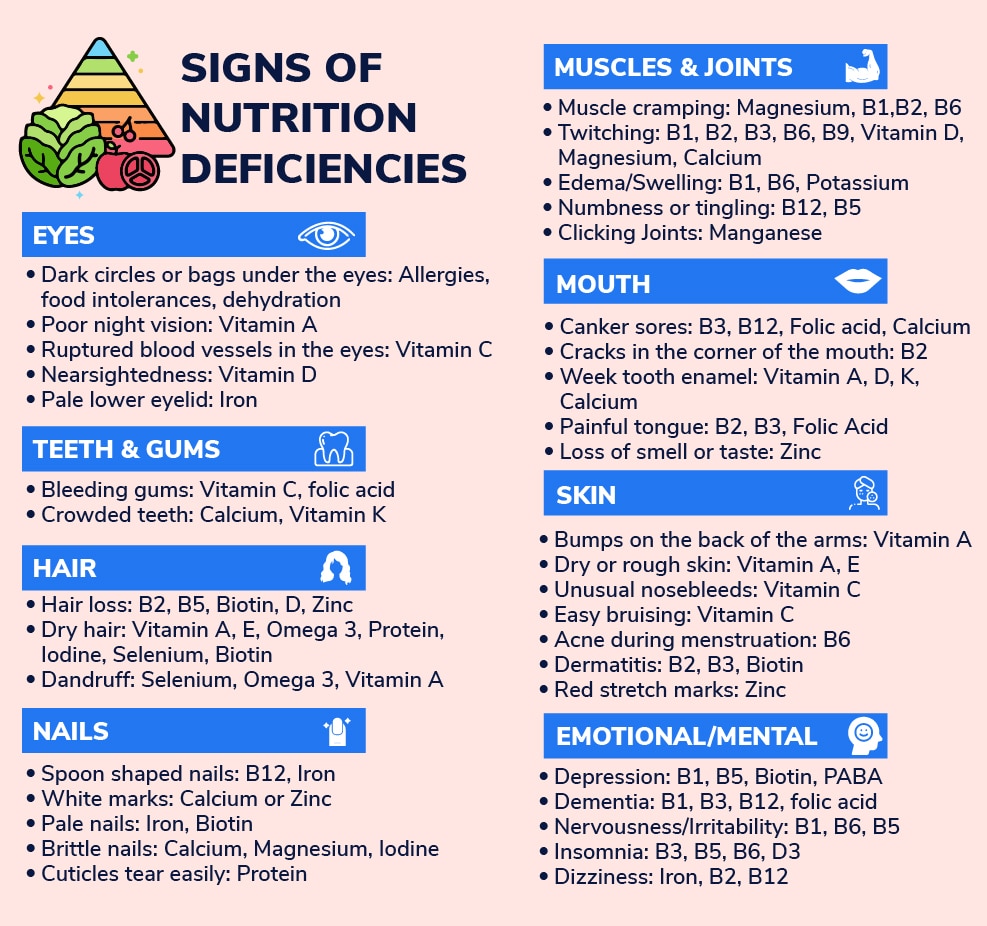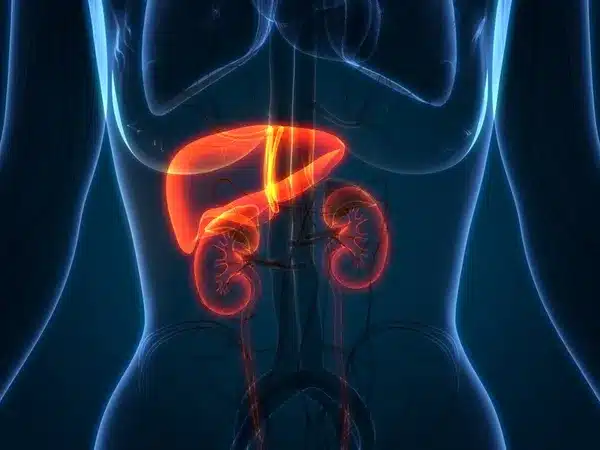Detox diets have surged in popularity, touted as a miraculous solution for weight loss, health improvement, and toxin removal. Often presented in alluring packages of juice cleanses, fasting, and an array of supplements, these diets claim to purge the body of impurities and rejuvenate health. However, the validity of these claims remains a topic of debate among health experts. This article aims to dissect and debunk common myths surrounding detox diets, providing a clear, evidence-based perspective for those considering or currently engaging in such dietary practices.
Contents
- Understanding Detox Diets
- The Myth of Toxin Elimination
- The Reality Behind Weight Loss
- Nutritional Deficiencies and Risks
- Psychological Impacts of Detox Diets
- The Role of the Liver and Kidneys in Detoxification
- Healthy Alternatives to Detox Diets
- Consulting Healthcare Professionals
- Rethinking Detox: Embracing Evidence-Based Health Practices
- Related
Understanding Detox Diets

Detox diets come in various forms, ranging from juice cleanses to fasting, and often include the use of supplements purported to aid the detoxification process. Originating from the concept that the body needs assistance in eliminating harmful toxins, these diets have gained a significant following. They are frequently marketed with claims of offering numerous benefits, including toxin removal, weight loss, and overall health improvement. However, it’s important to delve into the origins and types of these diets to understand their actual impact on health.
Detox diets, though modern in their commercial presentation, trace back to ancient practices. Cultures across the globe have historically engaged in ritualistic fasting or dietary modifications for spiritual or health reasons. In contemporary times, this ancient practice has been repackaged, often lacking the holistic approach of its predecessors. It’s crucial to differentiate between traditional practices and modern commercial detox diets, as the latter often overlooks the complexity of human health and the body’s natural detoxification processes.
The Myth of Toxin Elimination

The central premise of detox diets is the elimination of toxins from the body. However, the term ‘toxins’ is often used ambiguously in marketing these diets, rarely specifying the substances purportedly being removed. The human body is already equipped with a sophisticated system for filtering out harmful substances, primarily through the liver and kidneys. It’s a process that functions continuously and efficiently without the need for dietary interventions.
Scientific scrutiny reveals that the concept of needing external help to detoxify is largely unfounded. The body’s natural detoxification systems are incredibly capable, and there is little evidence to suggest that detox diets enhance this process. In fact, some of these diets may impede the natural detoxification process by overburdening or harming these organs. The appeal of detox diets often relies more on persuasive marketing and less on scientific evidence, leading to misconceptions about how our bodies manage toxins.
The Reality Behind Weight Loss

Detox diets are often associated with quick weight loss, a claim that attracts many to try them. While it’s true that following such a diet can lead to immediate weight loss, the nature of this weight loss is often misunderstood. Most of the weight lost during a detox diet is water weight, not fat, and is therefore temporary. This weight is quickly regained once a normal diet is resumed, leading to a cycle of ‘yo-yo dieting.’
The illusion of rapid weight loss can be enticing, but the long-term health impacts are a cause for concern. Detox diets tend to be low in calories and lack essential nutrients, leading to potential nutritional deficiencies if followed for extended periods. These diets can also disrupt metabolism and natural hunger cues, potentially leading to a harmful relationship with food. It’s crucial to understand the difference between short-term weight loss and sustainable, healthy weight management; a distinction often glossed over in the promotion of detox diets.
Nutritional Deficiencies and Risks

Detox diets, particularly those involving extreme fasting or very restrictive food choices, can lead to significant nutritional deficiencies. Essential nutrients, such as proteins, fats, vitamins, and minerals, are often in short supply in these diets. This lack of essential nutrients can lead to a host of health issues, including weakened immunity, decreased bone density, and impaired organ function. The irony is that while aiming to boost health, these diets can actually compromise the body’s ability to function optimally.
Furthermore, the risks associated with long-term or extreme detox diets are not to be underestimated. They can trigger or exacerbate eating disorders, lead to muscle loss, and cause an imbalance in electrolytes and blood sugar levels. These diets can also be particularly harmful to certain groups, such as pregnant women, individuals with chronic health conditions, and the elderly. The pursuit of detoxification, therefore, must be critically examined against its potential health risks, emphasizing the importance of balanced nutrition for maintaining optimal health.
Psychological Impacts of Detox Diets

The psychological impacts of engaging in detox diets are often overlooked in discussions about their efficacy. These diets can foster an unhealthy relationship with food, where certain foods are demonized, and eating patterns become overly restrictive. This mindset can lead to anxiety around food choices, guilt after eating, and an obsession with body image. In extreme cases, it can be a gateway to disordered eating behaviors, which have long-term psychological and physical repercussions.
The placebo effect plays a significant role in the perceived success of detox diets. When individuals believe they are doing something beneficial for their health, they may feel better mentally, attributing this improvement to the detox diet. However, this psychological boost is not an indication of the diet’s effectiveness in removing toxins or improving health. Understanding the psychological aspect of detox diets is crucial, as it underscores the importance of approaching health and nutrition with a balanced and informed perspective.
The Role of the Liver and Kidneys in Detoxification

The liver and kidneys are the body’s natural detoxification powerhouses. The liver filters toxins from the blood, breaking them down into harmless substances or ensuring their excretion from the body. The kidneys play a crucial role in filtering waste and excess substances from the blood, maintaining a healthy balance of salts, minerals, and water. These organs are highly efficient and sophisticated, performing detoxification around the clock without the need for special diets or supplements.
Debunking myths about enhancing the body’s detoxification process is important. No scientific evidence supports the idea that detox diets or products improve the functioning of the liver or kidneys. In some cases, these diets can even be detrimental, introducing compounds or extreme conditions that can stress or damage these organs. Understanding how the body naturally detoxifies itself is essential, as it highlights the redundancy and potential dangers of external detox methods.
Healthy Alternatives to Detox Diets

Instead of resorting to detox diets, adopting a balanced diet and regular exercise regimen is a more effective and sustainable approach to improving health. A diet rich in fruits, vegetables, whole grains, lean protein, and healthy fats provides essential nutrients and supports the body’s natural detoxification processes. Regular physical activity aids in maintaining a healthy weight, improving circulation, and enhancing overall body function, including the natural detoxification systems. Additionally, staying hydrated and consuming sufficient fiber are key components in supporting the body’s ability to naturally detoxify.
Lifestyle changes that support the body’s natural detoxification processes are also crucial. This includes getting adequate sleep, reducing stress, and avoiding exposure to unnecessary chemicals and pollutants. By focusing on these holistic health practices, individuals can achieve a state of well-being that is not reliant on the false promises of detox diets. These changes not only support the body’s natural detoxification but also contribute to long-term health and wellness, far outweighing the temporary benefits of any detox diet.
Consulting Healthcare Professionals

Before embarking on any new diet, especially those that promise detoxification benefits, it is crucial to consult with healthcare professionals. A healthcare provider can offer personalized advice based on an individual’s specific health needs and medical history. This is particularly important as detox diets are not a one-size-fits-all solution and can have varying effects on different individuals. Professional guidance can help in identifying the most beneficial and safe dietary choices for one’s unique health circumstances.
Additionally, healthcare professionals can provide insights into achieving sustainable health goals. They can help debunk myths and provide evidence-based recommendations for diet and lifestyle changes. By seeking guidance from medical experts, individuals can avoid the pitfalls of fad diets and make informed decisions that support their long-term health and well-being. This approach ensures that health improvements are based on scientific understanding and tailored to individual needs rather than following generalized and often misleading advice.
Rethinking Detox: Embracing Evidence-Based Health Practices
This exploration into the myths and realities of detox diets reveals a clear picture: the best approach to health doesn’t come from quick fixes or trendy diets but from evidence-based, sustainable practices. Detox diets, while popular, often fall short of delivering their promised health benefits and can pose risks. Understanding the body’s natural detoxification systems, the importance of balanced nutrition, and the value of consulting healthcare professionals are key takeaways. By prioritizing long-term well-being and informed choices over temporary solutions, individuals can achieve genuine health improvements and maintain a healthier lifestyle.


